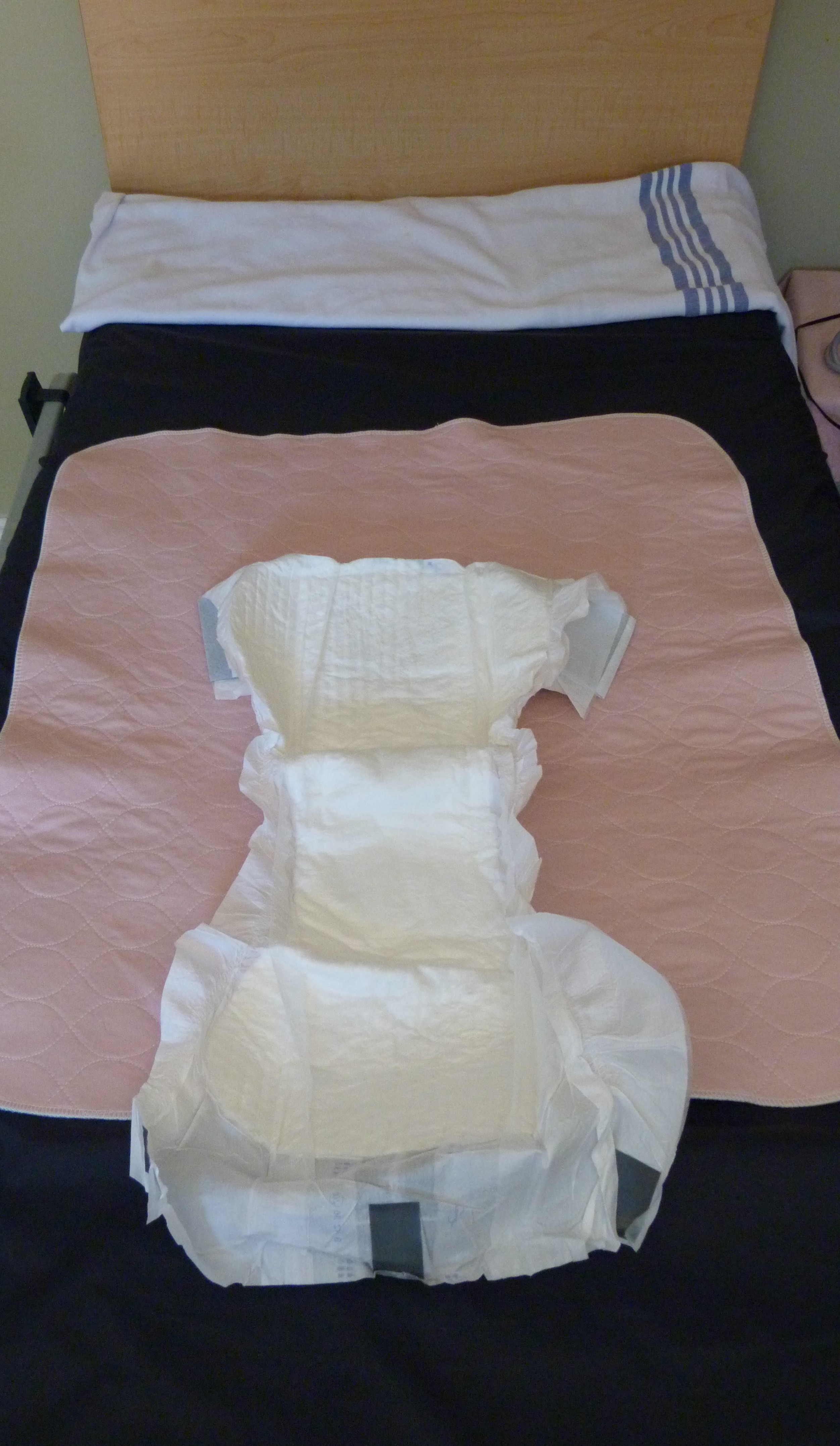|
Incontinence
Incontinence or Incontinent may refer to: *Fecal incontinence, the involuntary excretion of bowel contents *Urinary incontinence, the involuntary excretion of urine * Lack of moderation or self-control, especially related to sexual desire - see Incontinence (philosophy) Incontinence ("a want of continence or self-restraint") is often used by philosophers to translate the Greek term Akrasia (ἀκρασία). Used to refer to a lacking in moderation or self-control, especially related to sexual desire, incontinen ... * ''Incontinent'' (album), a 1981 album by Fad Gadget See also * * {{disambig ... [...More Info...] [...Related Items...] OR: [Wikipedia] [Google] [Baidu] |
Urinary Incontinence
Urinary incontinence (UI), also known as involuntary urination, is any uncontrolled leakage of urine. It is a common and distressing problem, which may have a large impact on quality of life. It has been identified as an important issue in geriatric health care. The term enuresis is often used to refer to urinary incontinence primarily in children, such as nocturnal enuresis (bed wetting). UI is an example of a stigmatized medical condition, which creates barriers to successful management and makes the problem worse. People may be too embarrassed to seek medical help, and attempt to self-manage the symptom in secrecy from others. Pelvic surgery, pregnancy, childbirth, and menopause are major risk factors. Urinary incontinence is often a result of an underlying medical condition but is under-reported to medical practitioners. There are four main types of incontinence: * Urge incontinence due to an overactive bladder * Stress incontinence due to "a poorly functioning urethra ... [...More Info...] [...Related Items...] OR: [Wikipedia] [Google] [Baidu] |
Fecal Incontinence
Fecal incontinence (FI), or in some forms encopresis, is a lack of control over defecation, leading to involuntary loss of bowel contents, both liquid stool elements and mucus, or solid feces. When this loss includes flatus (gas), it is referred to as anal incontinence. FI is a sign or a symptom, not a diagnosis. Incontinence can result from different causes and might occur with either constipation or diarrhea. Continence is maintained by several interrelated factors, including the anal sampling mechanism, and incontinence usually results from deficiency of multiple mechanisms. The most common causes are thought to be immediate or delayed damage from childbirth, complications from prior anorectal surgery (especially involving the anal sphincters or hemorrhoidal vascular cushions), altered bowel habits (e.g., caused by irritable bowel syndrome, Crohn's disease, ulcerative colitis, food intolerance, or constipation with overflow incontinence), and receptive anal sex. An estima ... [...More Info...] [...Related Items...] OR: [Wikipedia] [Google] [Baidu] |
Incontinence (philosophy)
Incontinence ("a want of continence or self-restraint") is often used by philosophers to translate the Greek term Akrasia (ἀκρασία). Used to refer to a lacking in moderation or self-control, especially related to sexual desire, incontinence may also be called wantonness. Aristotle Aristotle devoted book VII of the Nicomachean Ethics to the discussion of continence and incontinence, having previously linked the latter both to prodigality in its effects, and to those dominated by irrational feeling in its failure to obey knowledge of the good: a case of knowing virtue, but not having habituated it to control passion. Aristotle considered one could be incontinent with respect to money or temper or glory, but that its core relation was to bodily enjoyment. Its causes could be weakness of will, or an impetuous refusal to think. At the same time, he did not consider it a vice, because it is not so much a product of moral choice, but instead, a failure to act on one's better ... [...More Info...] [...Related Items...] OR: [Wikipedia] [Google] [Baidu] |

